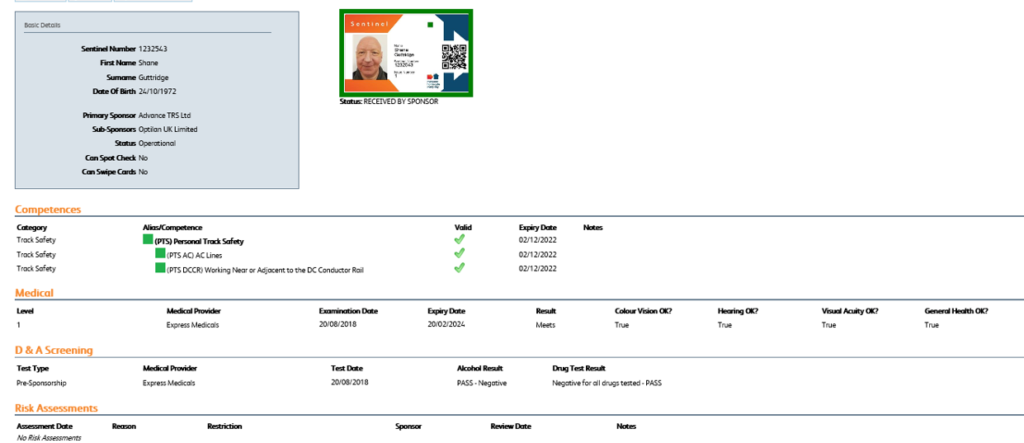Behavioural Based Safety
Behavioural Based Safety seeks to challenge the behaviour of the workforce by changing the attitudes of the workforce with effective leadership and employee engagement. It’s a bottom-up safety approach that encourages a working environment where people are comfortable looking after one another and are able to report close calls without the fear of reprisals.
For us to truly reduce the number of incidents to zero, a concerted effort is required from ourselves, our clients and our workers to encourage a culture where safety is the first priority.
Advance TRS has developed a bespoke way to assess and report on the perception of Behavioural Based Safety that allows us to work together to implement focused activities to raise awareness and improve people’s actions.
The Conduct of Employment Agencies and Employment Businesses Regulations (2003)
The Conduct of Employment Agencies and Employment Business Regulations 2003, often referred to as the Conduct Regulations or Conduct Regs, provide a framework of minimum standards that govern the conduct of the recruitment industry in the UK.
The regulations were implemented to ensure recruitment companies treat both the candidates (“work-seekers”) and clients (“hirer”) fairly.”
All workers to whom a recruitment agency provides temporary or permanent work finding services are within the scope of the Conduct Regulations, regardless of the supply model they work through. Limited company contractors may opt-out of the regulations, but they must sign and return an opt-out agreement before starting the contract.
The Conduct Regulations cover:
- The contractual documentation which must be in place;
- When a contractor must be paid;
- Information required from/given to the client and provided by/to the contractor;
- When transfer fees can be charged to the client.
Non-compliance with the legislation can be reported and investigated by the Employment Agency Standards Inspectorate (EAS), which can lead to a Labour Market Enforcement undertaking order, a consideration of prohibition proceedings or a consideration of prosecution proceedings.
Anti-Slavery & Human Trafficking
Modern slavery is the illegal exploitation of people for personal or commercial gain.
It takes various forms and can include forced employment, sexual or criminal exploitation or domestic servitude.
Through threats, violence or coercion, victims of modern slavery may suffer unacceptably low pay, or no pay at all, have excessive wage deductions imposed on them in the form of debts that cannot realistically be paid back, be subject to poor working conditions, humiliation or ill-treatment, be housed in squalid accommodation or have their identity documents taken away from them.
All our employees have responsibilities to ensure our contractors are safeguarded, treated fairly and with dignity.

